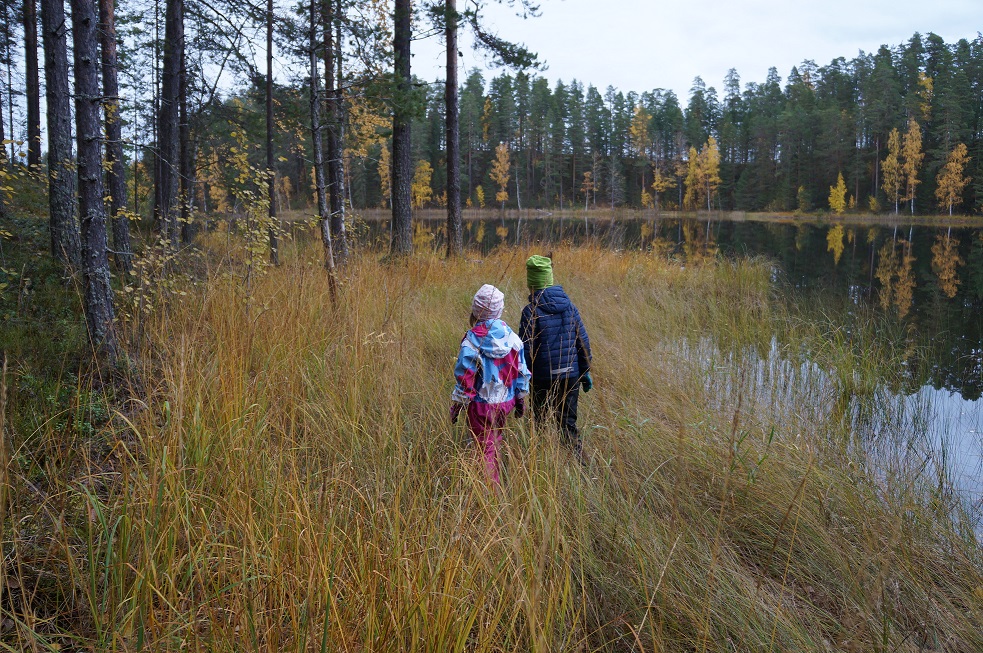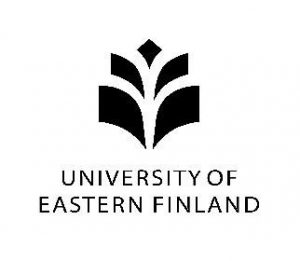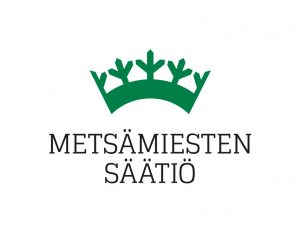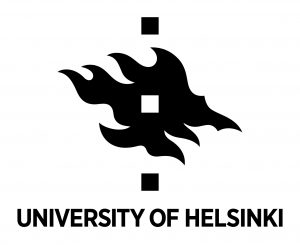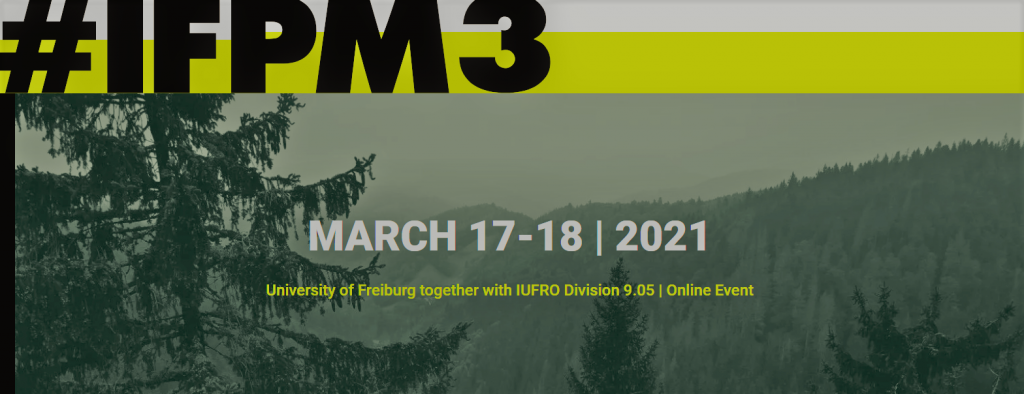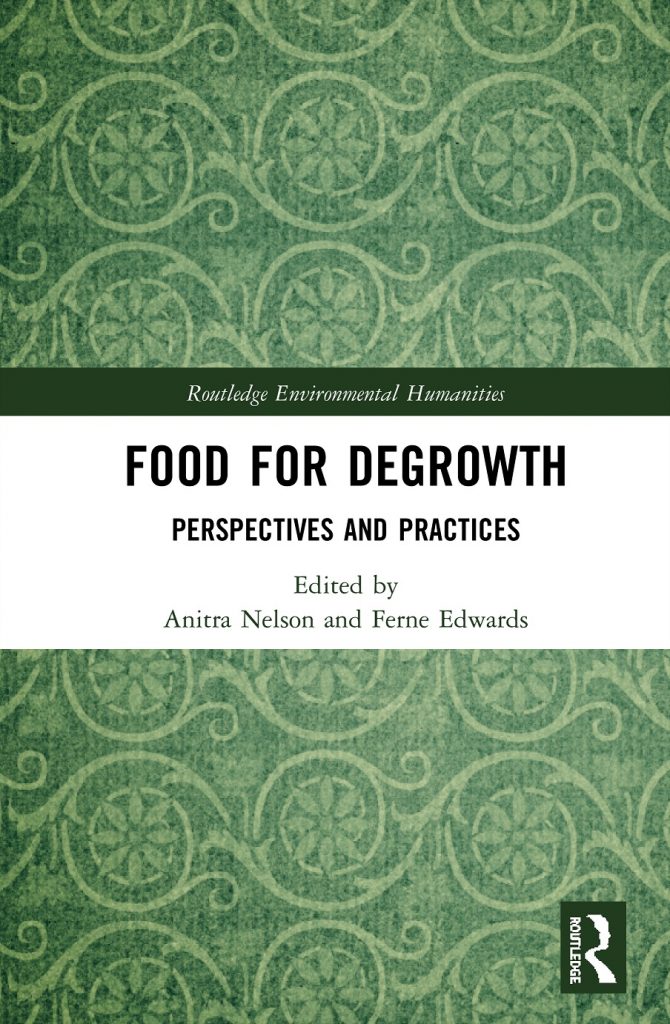“flumen” is organising three live stream sessions on bioeconomy and growth at the online conference “Building Alternative Livelihoods in Times of Ecological and Political Crisis” on 6 July 2021. See below for more on the conference, programme and registration.
the flumen-sessions:
Growth, Technology and the Bioeconomy (6 July 2021, 13:45-15:15 GMT+1 (UK-time) | in Germany: 14:45-16:15 !)
Speakers:
- Dennis Eversberg, Jana Holz: Empty Promises of Growth: The Bioeconomy and Its Multiple Reality Checks
- Miriam Boyer & Sarah Hackfort: The Growth Paradigm and the High-Tech Bioeconomy
- Matthias Schmelzer: Fossil capital and carbon mentalities: Contours of the social in historical studies on energy transitions
The global frontlines of the bioeconomy: Conflicts and rural social inequalities related to the expansion of the bioeconomy (6 July 2021, 13:45-15:15 GMT+1 (UK-time) | in Germany: 14:45-16:15 !)
Speakers:
- Eduardo Erazo Acosta: The power of the ancestral philosophy of Alli kawsay (Buen Vivir) in the indigenous movements of Colombia – Ecuador
- Axel Anlauf: Contesting the bioeconomy‘s bottleneck–conflicts around phosphate mining and trade in Piura, Peru
- Anne Tittor: Towards an extractivist bioeconomy without decarbonization?
- Sabaheta Ramcilovic-Suominen: Envisioning just bioeconomy transformations for Europe: Drawing from degrowth and intersectional decolonial environmental justice movements and ideas
European perspectives in the contested transformation towards a bio-based economy (6. July, 15:30-17:00 GMT+1 (UK-time) | in Germany: 16:30-18:00 !)
Speakers:
- Maja Hoffmann, Clive Spash: Sectoral analysis of the impacts of greenhouse gas mitigation on work for the Austrian economy, and implications for the debates on just transition and degrowth
- Joachim Spangenberg: The German Bioeconomy Strategy – Debunking the Narrative
- Philip Koch: Transitions in the Andalusian Olive Oil sector – History, Perceptions and Conflicts
- Lilian Pungas: Social-ecological mentalities within the semi-subsistence urban agriculture in Estonia
***********************
“Building Alternative Livelihoods in Times of Ecological and Political Crisis”
is an international online conference of the International Degrowth Research Network, the International Society for Ecological Economics and the European Society for Ecological Economics. It will take place online from 5 to 8 July 2021 and is hosted by the University of Manchester (UK).
More information on the conference in general: https://www.isee-esee-degrowth2021.net/
Link to the spreadsheet containing the current programme: https://www.isee-esee-degrowth2021.net/call-for-papers (All data in GMT+1)
Furthermore, here is the link to the registration (free of charge!): https://www.eventsforce.net/hg3/frontend/reg/tRegisterEmailNew.csp?pageID=71573&eventID=197&tempPersonID=233054


